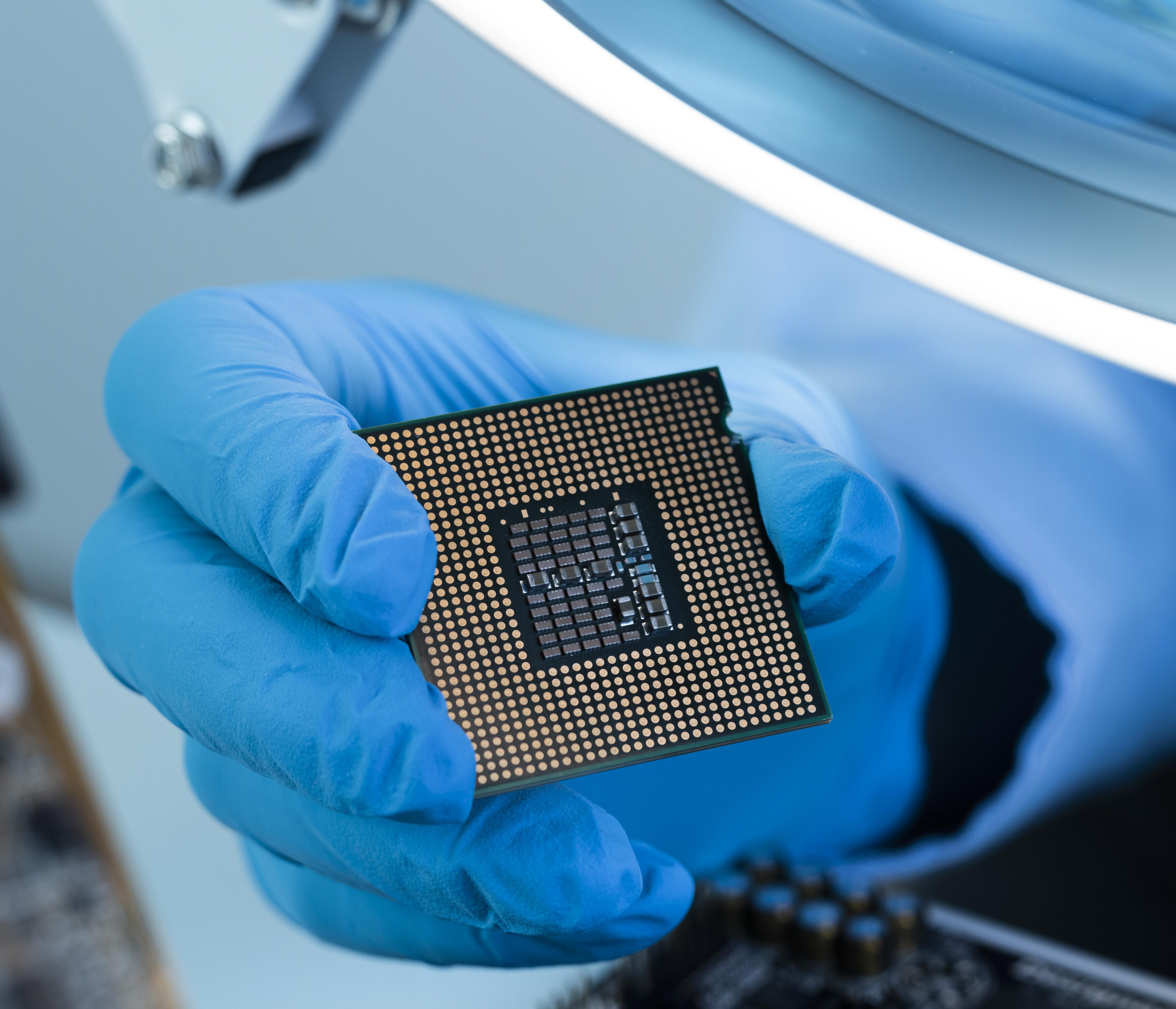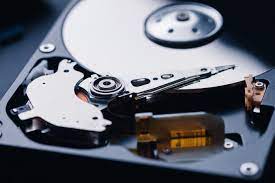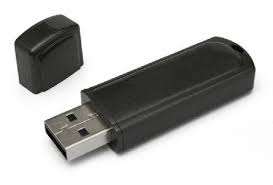Solid State Disk (SSD) Recovery
WHAT WE DO
Solid State Disk (SSD) Recovery
Solid State Disk (SSD) Recovery
SSD (Solid State Drive) is one of the new-generation storage devices that replaces the fast Hard Disk Drive (HDD) technology. It's a drive that utilizes internal circuits and memory chips instead of mechanical parts. It's preferred due to its high speed. Computers equipped with SSDs operate much faster compared to traditional hard drives, allowing all applications to run more swiftly. As SSDs lack moving parts, the likelihood of sudden failures is significantly lower. However, recovering data from SSDs can be quite challenging. Manufactured with encryption, data stored on SSDs cannot be retrieved after exposure to static charges and magnetic fields. SSDs also have a specific writing capacity, becoming unusable once this limit is reached. The absence of moving parts implies that SSDs are less susceptible to external shocks compared to HDDs. Common characteristics of HDDs include motor sounds and clicking noises from the disk head. Conversely, SSDs operate entirely silently. They don't encounter fragmentation issues like HDDs do; they possess features to automatically resolve this problem without requiring your intervention.

Data loss can impact SSD (Solid State Drive) storage devices, often stemming from physical damage to the flash chips and the way data is logically stored on them. Several common failure types are associated with SSD drives: Electronic Component Failure: Malfunction or failure of electronic components crucial for SSD operation. Controller Chip Failure: Failure of the controller chip responsible for managing data flow and communication within the SSD. Flash Cell Degradation: Gradual deterioration of flash cells due to natural use, potentially leading to data loss. Power Surges or Failures: Sudden spikes or interruptions in power supply affecting the SSD's stability. Damage to Printed Circuit Boards: Physical damage to the circuit boards that could impact the SSD's functionality. Damage to Connectors: Physical harm or issues with connectors that hinder proper data transfer. Data Corruption after Firmware Updates: Issues arising from corruption during firmware updates, impacting data integrity. Remember that SSDs have a limited number of write cycles, and attempting unsuccessful recovery methods can contribute to wearing out the drive. If the data is critical, it's often best to consult with a professional data recovery service experienced in handling SSDs. They may have specialized tools and techniques for maximizing the chances of successful data recovery from SSDs. Our experts is highly experienced in data recovery from SSDs. We use special tools and techniques to retrieve your data.
HOW WE WORK
Top Working Process
Lorem ipsum dolor sit amet, consectetur adipiscing elit. Sed imperdiet libero id nisi euismod, sed porta est consectetur.
Determining Drive Type
We begin our data recovery work by determining the type of media the data is stored. Based on the data carrier, we use appropriate tools to begin examining the media.
Diagnosis
Once the media is connected to our systems, we run diagnostic tests and examine the problem with the operating system, file system, memory module(s), and other issues.
Preliminary Report
A preliminary report is prepared regarding the nature of our diagnosis. In this report we tell our customers what needs to be done, in how much time and at what cost.
Contacting customer
We will contact our customer(s) and inform them about our preliminary findings and share with them our diagnosis report. If the customer(s) agrees, we begin working on the media.
Recovering Data
Using the latest data recovery tools and techniques, we will retrieve your data and copy it to a clean hard drive, a USB flash drive or to cloud, based on the amount of data to be saved.
Delivering Data
As soon as the data is saved, we deliver the memory module to the customer in person, via mail, or online, depending on the customer(s)’s choice. We only charge our customers if the data is successfully restored.
The Highest Quality
DATA RECOVERY & FORENSICS SERVICES
Your Trusted Digital Forensics Partner
 English
English
 French
French
 Dutch
Dutch











